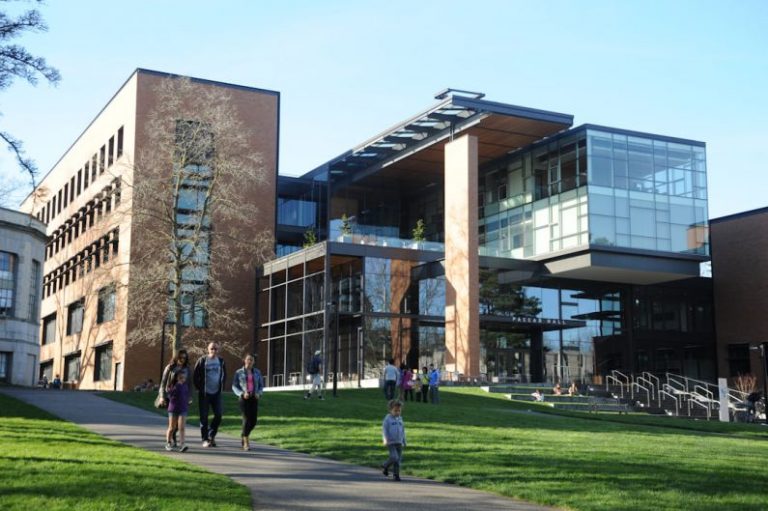Balancing Work and Study: Time Management Tips
Juggling work and study can be a daunting task, requiring careful planning and effective time management. Many individuals find themselves in this situation, whether it be due to financial reasons or personal aspirations. However, with the right strategies in place, it is possible to successfully navigate the demands of both work and study without feeling overwhelmed. In this article, we will explore some practical time management tips to help you achieve a healthy balance between your professional and academic responsibilities.
Setting Clear Goals
Setting clear and achievable goals is essential when trying to balance work and study. Start by outlining what you want to accomplish in both areas and break down these goals into smaller, manageable tasks. By having a clear roadmap of what needs to be done, you can prioritize your activities and allocate your time effectively. This will help you stay focused and motivated, ensuring that you make progress in both your work and studies without feeling scattered.
Creating a Schedule
Creating a schedule is crucial for managing your time efficiently. Allocate specific time slots for work, study, and personal activities, taking into account your peak productivity hours. By establishing a routine, you can develop a sense of structure and discipline, which is essential for balancing multiple responsibilities. Be realistic when planning your schedule and allow for flexibility to accommodate unexpected events or changes in workload. Remember to include breaks in your schedule to avoid burnout and maintain your overall well-being.
Prioritizing Tasks
When balancing work and study, it is important to prioritize tasks based on their urgency and importance. Identify high-priority tasks that require immediate attention and focus on completing them first. By tackling critical tasks early on, you can prevent last-minute stress and ensure that you meet deadlines effectively. Consider using tools such as to-do lists or task management apps to help you organize your workload and stay on top of your responsibilities.
Avoiding Multitasking
While multitasking may seem like a practical way to handle multiple tasks simultaneously, it can actually decrease productivity and lead to errors. Instead of trying to do everything at once, focus on one task at a time and give it your full attention. This will help you work more efficiently and produce higher-quality results. By avoiding multitasking, you can reduce mental fatigue and improve your overall performance in both work and study.
Seeking Support
Balancing work and study can be challenging, and it is important to seek support when needed. Reach out to your colleagues, supervisors, professors, or classmates for assistance or guidance. Communicate your challenges and limitations openly to ensure that others understand your situation and can provide the necessary support. Consider joining study groups or seeking mentorship to gain additional insights and resources to help you succeed in both your professional and academic pursuits.
Managing Stress
Managing stress is crucial when balancing work and study to avoid burnout and maintain your well-being. Incorporate stress-reducing activities into your daily routine, such as exercise, meditation, or spending time with loved ones. Take regular breaks to recharge and relax, allowing yourself to unwind and clear your mind. Remember that it is okay to ask for help when feeling overwhelmed and prioritize self-care to ensure that you are able to perform at your best in both work and study.
Finding Work-Study Balance
Achieving a balance between work and study requires careful planning, effective time management, and a proactive approach to addressing challenges. By setting clear goals, creating a schedule, prioritizing tasks, avoiding multitasking, seeking support, managing stress, and practicing self-care, you can successfully navigate the demands of both your professional and academic responsibilities. Remember that finding the right balance is a continuous process that may require adjustments along the way. Stay committed to your goals and remain flexible in your approach to ensure that you achieve success in both areas of your life.






